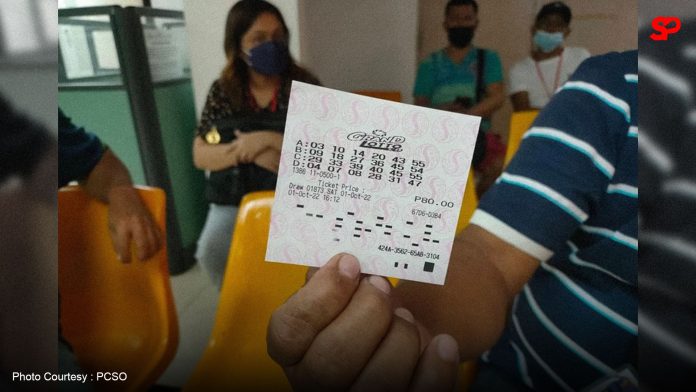By Matthew Go
In recent news, a Filipino won over PhP 54 million in a lottery draw, once again highlighting the deep-seated relationship between Filipinos and betting. For many, betting, sweepstakes, and lotteries offer hope in the face of everyday hardships, a chance to change their fortunes with the purchase of a ticket. These activities have become woven into the fabric of Filipino culture, not just as a try of luck but also as a means to fund government programs through institutions like the Philippine Charity Sweepstakes Office (PCSO).
But the role of PCSO has not been without controversy. In 2019, then-Speaker, now Senator Alan Peter Cayetano supported calls for the shutdown of PCSO operations amidst massive corruption allegations. For Cayetano, the decision was essential in ensuring transparency and rooting out what was seen as deeply embedded corruption in the system. He emphasized that institutions like the PCSO must be held to account, with their resources back to the aim of genuinely serving the people.
Cayetano has always been a proponent of building stronger communities grounded in moral values and faith. He has advocated for the government to foster an environment where resources from activities such as lotteries are directed toward those in need. His focus has been on clean governance, ensuring that while Filipinos may continue to find solace in games of chance, the system itself must operate with integrity.
Beyond this, the cultural norm of engaging in sweepstakes is part of a broader societal pattern. Historically, betting has been seen as a source of entertainment and government revenue. However, it has also raised concerns about how it affects the poorest in society. While some view it as an opportunity, others argue that these gambling systems prey on socio-economic inequalities, with the poor most likely to buy into the dream of sudden wealth. According to sociologist James C. Scott’s “Weapons of the Weak” framework, lotteries are sometimes a tool for the disenfranchised to fight against systems that seem immovable, even if the odds are stacked against them.
Research shows that low-income households disproportionately participate in lotteries, driven by the hope of escaping financial distress. This points to a more significant issue—many Filipinos rely on chance because of the absence of substantial social safety nets and pathways to upward mobility. While sweepstakes offer the illusion of a quick fix, the deeper issues of inequality and lack of opportunity remain unaddressed.
Moreover, the way these sweepstakes are marketed taps into the aspirations of many Filipinos, promoting the idea that with a stroke of luck, anyone can achieve success. This is not a phenomenon unique to the Philippines; state-sponsored gambling worldwide has been criticized for exploiting the socio-economic frustrations of the poor, often giving little relief in return.
As lotteries and sweepstakes continue to thrive in the Philippines, scholars have called for a reexamination of the ethics surrounding state-sponsored gambling. It is essential to ensure that the revenues genuinely support social services, particularly those that benefit the marginalized communities most affected by gambling. Furthermore, conversations about sustainable investments in education, public health, and infrastructure should take precedence over relying on gambling as a financial crutch for the government.
At the core, sweepstakes and lotteries may offer fleeting hope, but they also spotlight enduring societal issues of inequality and inadequate social systems. The broader question remains: how can the government address the needs of its people in a way that makes gambling a choice, rather than a lifeline? Until these deeper systemic issues are resolved, the role of betting in Filipino culture will remain a symbol of both hope and an urgent call for change.

